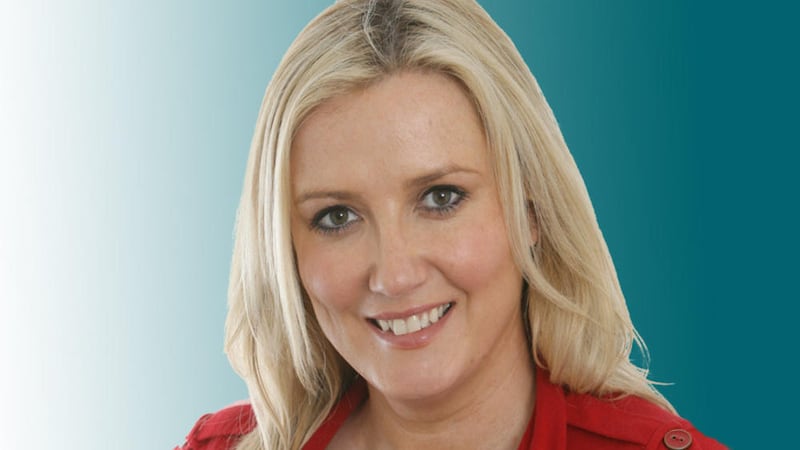As you're reading this somewhere in Northern Ireland a family is grieving for a loved one lost to suicide.
At this point many of you will stop reading and turn the page, because the subject remains one that people simply don't like hearing about.
And unless it's ever impacted your life why would you?
Death is a depressing enough subject without labouring over the whys and wherefores of what drives a person to take their own life.
The reasons are multiple, varied and in many cases preventable. Statistics show around six people every week take their own lives in Northern Ireland, that figure trebles if you live in a deprived inner city area.
That's over 300 people a year. To put that in context in 1972, the year of Bloody Sunday, Bloody Friday and the Claudy bomb, 497 people died as a result of the Troubles. Every two years more people will have taken their own lives in the north.
While those Troubles-related deaths were subject to global news coverage - and rightly so - suicide remains something that grieving families deal with in the main silently and alone.
The most at risk group are still young men but in the last ten years the number of older people taking their own life has doubled.
Reasons for this rise can be linked to financial circumstances, a rise in people whose homes are in negative equity, money borrowed on property inflated during the boom, worthless in the bust. Fear of repossession and bankruptcy.
Loneliness and separation are contributing factors.
In 2013 there were 14,968 deaths registered in Northern Ireland. Of these, 303 were suicides, the second highest number on record. The highest was 313 recorded in 2010.
Just over three quarters - 229 - of suicides in 2013 were men.
Different risk factors, lack of opportunity, unemployment or threats from paramilitary groupings all add to the risk to young men in certain areas.
However, for every one young man to take their own life five young women will self harm or attempt suicide.
Reasons for this are pressures that did not exist when my generation was growing up.
Social networking has added a new dimension to young people's lives that previously didn't exist.
Full of pictures of unobtainable glamour and lifestyle, people can feel excluded or inferior to their peers.
Less than perfect appearance can lead to bullying, trolling and pressures on young minds that my generation never faced.
Easy access to drugs and a change in the drug culture is a factor in mental health problems within a generation living under constant pressure.
Legal highs that can be purchased over the counter and give euphoric highs followed by crushing lows have been blamed on a number of recent suicides.
North Belfast man Philip McTaggart lost his son to suicide in 2003 and since then he has dedicated his life to trying to understand the reasons and look for ways to prevent other young people ending their lives.
Just this week he held a course for 50 young people grieving the death of a young friend who took his own life. Suicides come in clusters and there is a danger to a social group in the aftermath of a young person taking their own life.
He now offers training in schools and youth groups, speaking to people about how to watch their own mental health and that of family and friends.
``If you attend hospital with a broken leg the medical staff will know how to treat you, attend with a broken mind and it's a different matter", he said.
Speaking about depression is, let's face it, depressing. Mental health is still woefully underfunded in Northern Ireland and some people still feel an unnecessary stigma when speaking about matters of the mind.
It doesn't need to be and people like Philip McTaggart are testament to that, a man who turned an unthinkable tragedy into a crusade to help others, the work that he and others like him have done has undoubtedly saved lives.
His main message is don't suffer in silence, mind your mind and mind your friends. We would all hate to think that someone we loved was suffering and afraid to confide in us.
If you stuck with this column to the end now might be a good time to lift the phone and give them a call.








